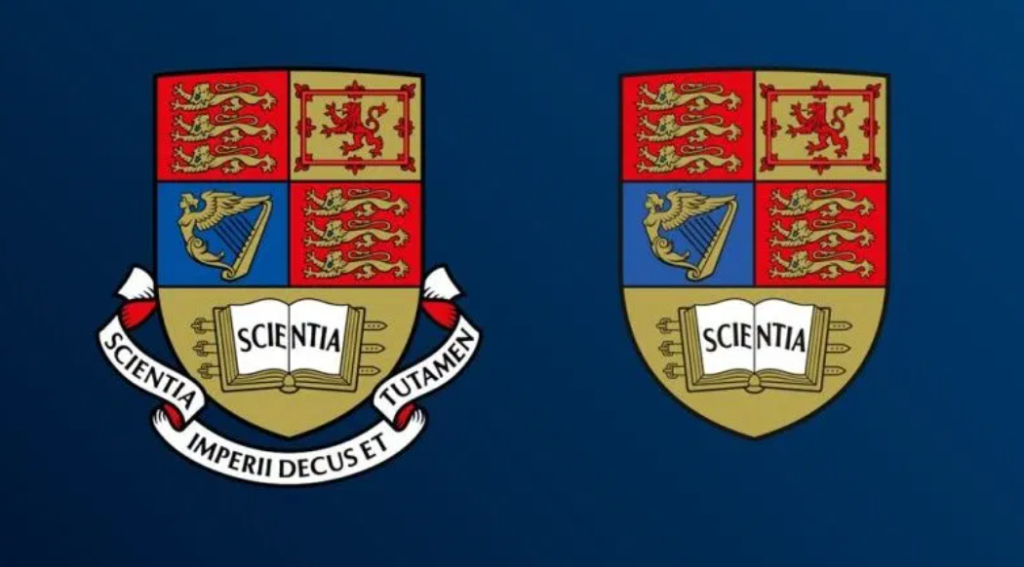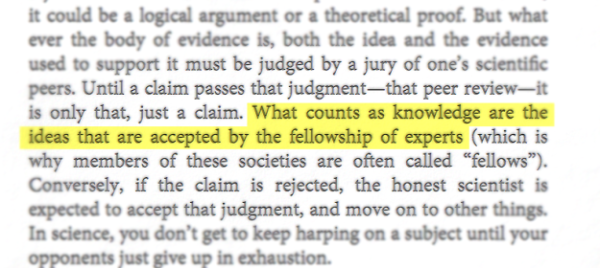Late last night there was an article at the BBC that I cannot find anymore on the BBC website. Fortunately my history still has the link.
The article linked to a pre-publication article in Nature from the team at Imperial College – Estimating the effects of non-pharmaceutical interventions on COVID-19 in Europe
On pdf page 16 of 18. Modelled estimates that by 4th May lockdowns across 11 countries saved 2.8 – 3.1 million lives.
From pdf page 6 / article page 5 there are four countries listed on the Fig 1, the last being the UK.

The graphics show for all countries that the day of the lockdowns saw a massive step reduction in daily new infections & the magic R. For the UK modelled daily infections spiked at over 400,000 on the day of the lockdown and were less than 100,000 the day after. R from around 4 at lockdown to 1 the day after. Prime Minister Boris Johnson gave a very powerful and sincere speech ordering the lockdown, but he did not realize how transformative the power of his words would be. It was the same in all the other countries surveyed. Further, all countries surveyed had a massive spike in infections in the few days leading up to lockdown being imposed. If only the wisdom of the scientists had been listened to a few days earlier – at slightly different dates in each country – then thousands of more lives could have been saved,
I believe that the key to these startling conclusions lies in the model assumptions not the data of the natural world. We have no idea of the total number of coronavirus cases in any country at the start of lockdown, just that the identified number of cases. Thus whilst the model estimates of the number of cases cannot be proved wrong, it is very unlikely. I can think of five reasons to back up my claim, with particular reference to the UK.
First, the measures taken prior to the lockdown had no impact on coronavirus cases and hardly any on R. This includes the stopping of visitors to care homes, social distancing measures, voluntary closing of public places like pubs and the start of home working.
Second, Prime Minister Boris going on TV ordering a lockdown had an immediate impact. Same for other leaders, such as President Macron in France. This is nonsense. People were locked down in households, so there would have still been infections within the households in the few days after lockdown.
Third, we know that many of the coronavirus deaths were of people infected whilst in a hospitals or care homes of people who were infected within care homes. The lockdown did not segregate people within those communities.
Fourth, the assumed pre-lockdown spike followed by a massive drop in daily new infections was not followed a few days later by any such corresponding pattern in daily deaths. It is far easier to make the case for a zero impact of lockdowns rather than this extreme impact. The truth, if perfect data were available, is likely to be nearer zero lives saved than 3 million.
Fifth, in Italy the lockdown was not imposed nationally on the same day. The North of Italy was locked down first, followed by the rest of the country some days later. Like with the imposition of less draconian measures pre-lockdown in the UK, this should have seen a less immediate effect than suggested by Figure 1.
Are the authors and peer-reviewers at Nature likely to be aware of the problems with the headline BBC claims and the underlying paper? Compare the caption to “Extended Data Table 1” (pdf page 16)
Forecasted deaths since the beginning of the epidemic up to 4th May in our model vs. a counterfactual model assuming no interventions had taken place.
to the report from the BBC;
Lockdowns have saved more than three million lives from coronavirus in Europe, a study estimates. …….
They estimated 3.2 million people would have died by 4 May if not for measures such as closing businesses and telling people to stay at home.
That meant lockdown saved around 3.1 million lives, including 470,000 in the UK, 690,000 in France and 630,000 in Italy, the report in the journal Nature shows.
from the Evening Standard;
Around three million deaths may have been prevented by coronavirus lockdowns across Europe, research suggests.
from yahoo! News;
By comparing the number of deaths against those predicted by their model in the absence of interventions, the researchers believe that 3.1 million deaths have been averted due to non-pharmaceutical measures.
and from eCAM Biomed – GLOBAL IMPACT FUND
This study found that nonpharmaceutical interventions, including national “lockdowns,” could have averted approximately 3.1 million COVID-19 deaths across 11 European countries.
These press reports is not disimilar to the title of the Imperial College press release
Lockdown and school closures in Europe may have prevented 3.1m deaths
I would suggest that they are different from the caption to Extended Table 1. The difference is between comparison of actual data to modelled data based on some unlikely assumptions and actual lives saved in the real world. The difference is between the lockdowns having saved 3 million lives and having saved many times less. It is between the desisions of governments sacrificing economic prosperity to save hundreds of thousands of lives, and ruining the lives of millions based on pseudo-science for near zero benefits. The authors should be aware of this and so should the reviewers of the world’s leading science journal.
Are we going to see a quiet withdrawal, like of the BBC report?

